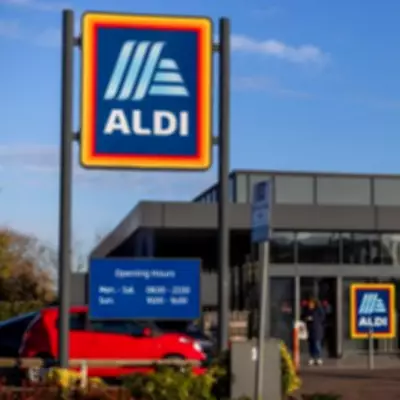
Britain's cherished family-owned manufacturers are issuing stark warnings that proposed tax changes under the new Labour government could force widespread investment cuts and even business closures across the sector.
In an urgent plea to Chancellor Darren Jones, leading industry bodies representing multigenerational firms have revealed that many are already freezing crucial investment decisions due to uncertainty surrounding potential reforms to inheritance tax and capital gains tax.
Manufacturing Exodus Fears
According to the Family Business Council, which represents major UK manufacturing dynasties, the proposed tax increases could fundamentally undermine the sector's stability. "We're talking about businesses that have survived world wars and multiple recessions now facing their greatest threat from tax policy," stated one industry insider.
The warning comes as analysis shows family enterprises account for approximately 90% of Britain's private businesses, employing nearly 14 million people and contributing significantly to the UK's industrial output.
Investment Freeze Takes Hold
Manufacturers report that uncertainty over tax treatment is causing immediate operational impacts:
- Delayed machinery upgrades and factory modernisations
- Cancelled expansion plans into new markets
- Hiring freezes despite order book growth
- Increased reluctance to take on apprenticeships
"The very businesses that should be driving UK productivity are being forced into defensive mode," explained the head of a Midlands-based engineering firm that has operated since 1923.
Government Response Awaited
While the Treasury maintains that no final decisions have been made, industry leaders are demanding urgent consultation. The current uncertainty, they argue, is as damaging as the potential changes themselves.
Manufacturing groups emphasise that family firms typically reinvest profits back into their businesses and local communities at much higher rates than publicly listed companies, making their protection vital for regional economic health.
As one fourth-generation manufacturer put it: "We want to leave this business to our children, not to the taxman. The government needs to understand that some businesses are about more than just balance sheets—they're the lifeblood of communities."





